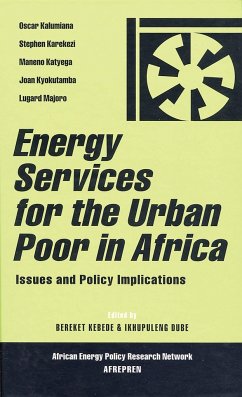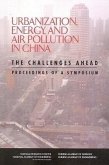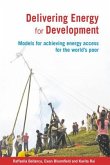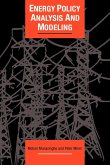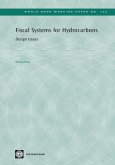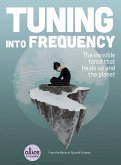Africa has been experiencing higher rates of urbanization than any other continent, and today about one-third of the continent's population live in urban areas. But studies of energy services for urban residents, especially the poor, are still rare. The supply of electricity to poor city dwellers has not kept pace with urbanisation: in 1970 some 40 million had no access to electricity; by the year 2000 there were over 100 million. The urban poor continue to rely on wood fuel, charcoal, kerosene and dung cakes for energy, with all their environmental drawbacks. This book examines the affordability of modern energy sources for the poor; the relevance of energy subsidies; the impact of subsidies on public finances; and how electricity tariffs affect the operations of small and medium enterprises, the main source of livelihood for the majority of the urban poor outside the formal economic sector.

